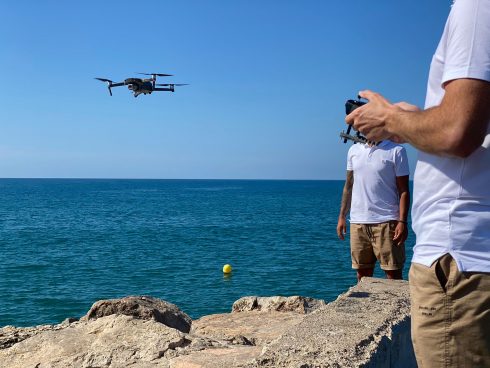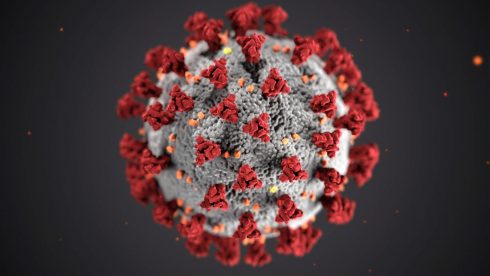NEW rules were brought in on Monday that means Brits vaccinated on the NHS can avoid quarantine when returning from Spain as it is currently on the amber list, but that could be about to change.
While many expats have been left furious at the “nonsensical” decision not to include those vaccinated outside the UK in the exemption, it could soon be a moot point.
Spain is tipped to join France on the new “amber plus” list, meaning quarantine will be reimposed to those returning from their holidays even if they are double jabbed.
Just days before the July 19 “freedom day”, the UK government announced on Friday that anyone who had been in France in the previous 10 days will need to quarantine on arrival to England in their own accommodation and will need a day two and day eight test, regardless of their vaccination status.
This includes any fully vaccinated individual who transits through France from either a green or another amber country.
The move came as infection rates continue to rise in France where the Beta variant – the COVID-19 strain first identified in South Africa – now accounts for 10% of new cases.
The decision was taken amid fears that the Beta variant may be more resilient to vaccines.
It has raised fears that Spain may be next on this new amber plus category, just as tens of thousands of holidaymakers prepare to fly in for their summer holidays.
British holidaymakers have rushed to make last minute bookings to Spanish destinations now that the need to quarantine has been lifted for fully vaccinated travellers and the under-18s.
Flight bookings reportedly soared by 400 percent since the announcement on July 8, according to the Spanish Airlines Association.
But those in the Spanish tourism industry are on tenterhooks about whether travel restrictions will be tightened again.
So is Spain next?
If we look at infection rates it seems very likely.
Spain now has an incidence rate of 599 cases per 100,000 over 14 days on average across all regions according to the latest data published by the Health Ministry on Monday.
Seven regions have a rate higher than 500 cases per 100,000 more than five times the average three weeks ago. They are highest in Catalunya where the incidence rate is now over 1,200 cases per 100,000 prompting regional health authoritie to reimpose a nightly curfew.
Spain’s infection rate is currently far higher than France’s infection rate, so it is hard to believe Spain isn’t far behind as a candidate for the amber plus list.
It is estimated that around 43 percent of cases detected nationally in Spain are of the Delta strain although this rises to 83 percent in the Balearic Islands with the influx of British tourists since it was put on the ‘green list’.
Spain does however have a lower detection of the worrying Beta and Gamma rates than it’s northern neighbour,
Those cases identified as the Beta and Gamma variants (the strains originally identified in South Africa and Brazil respectively) are thought to account for between 0.2 and 9.6% of all cases depending on the region whereas France had recorded an average of over 10% when the UK decided to put it on the ‘amber plus’ list.
But Spain now has fully vaccinated more than 50% of its population, far below the UK’s 68% but ahead of France’s 40%, a fact which may well be taken into account.
The uncertainty is worrying for those reliant on the tourism industry in Spain, which has already suffered the worst 18months in history.
“The continuous lack of transparency about the methodology and data behind these UK government changes make it incredibly difficult for clients to have the confidence to book in advance,” a TUI spokesperson told Spanish news agency EFE.
READ MORE:
- British tourists rush to book holidays to Spain in wake of new rules
- LATEST: Spain’s Balearic Islands downgraded to amber on UK travel list
- Brits living in Spain ‘furious’ that new quarantine exemption doesn’t apply to those vaccinated outside UK
Click here to read more Travel News from The Olive Press.








